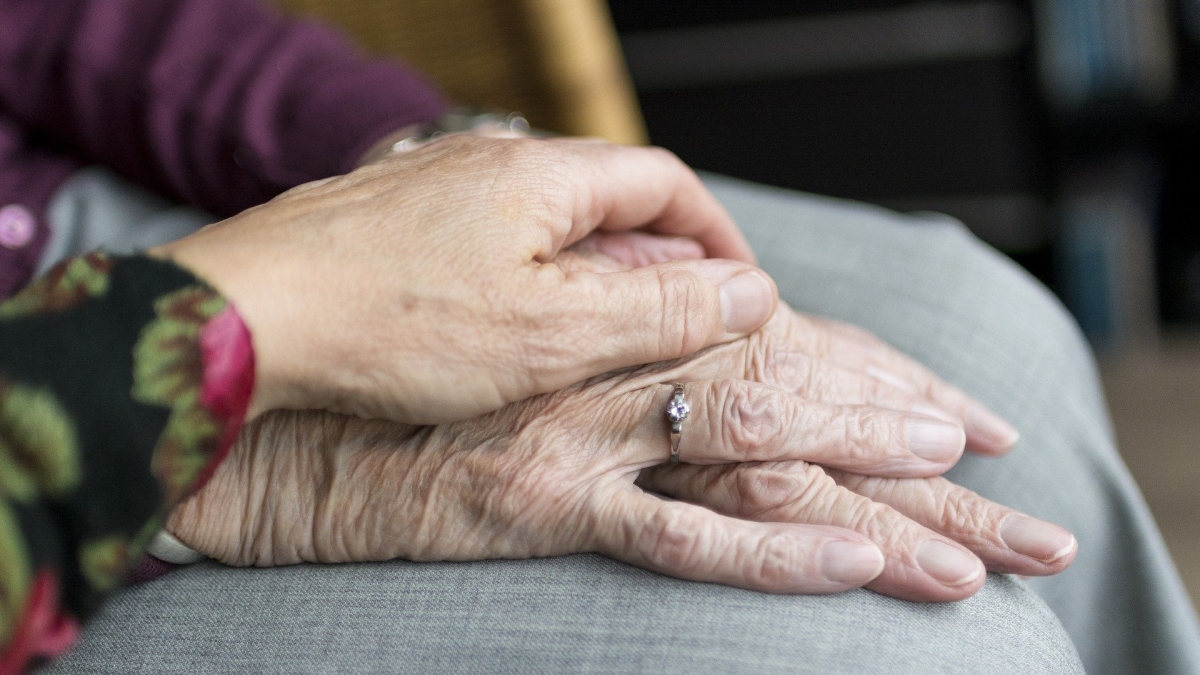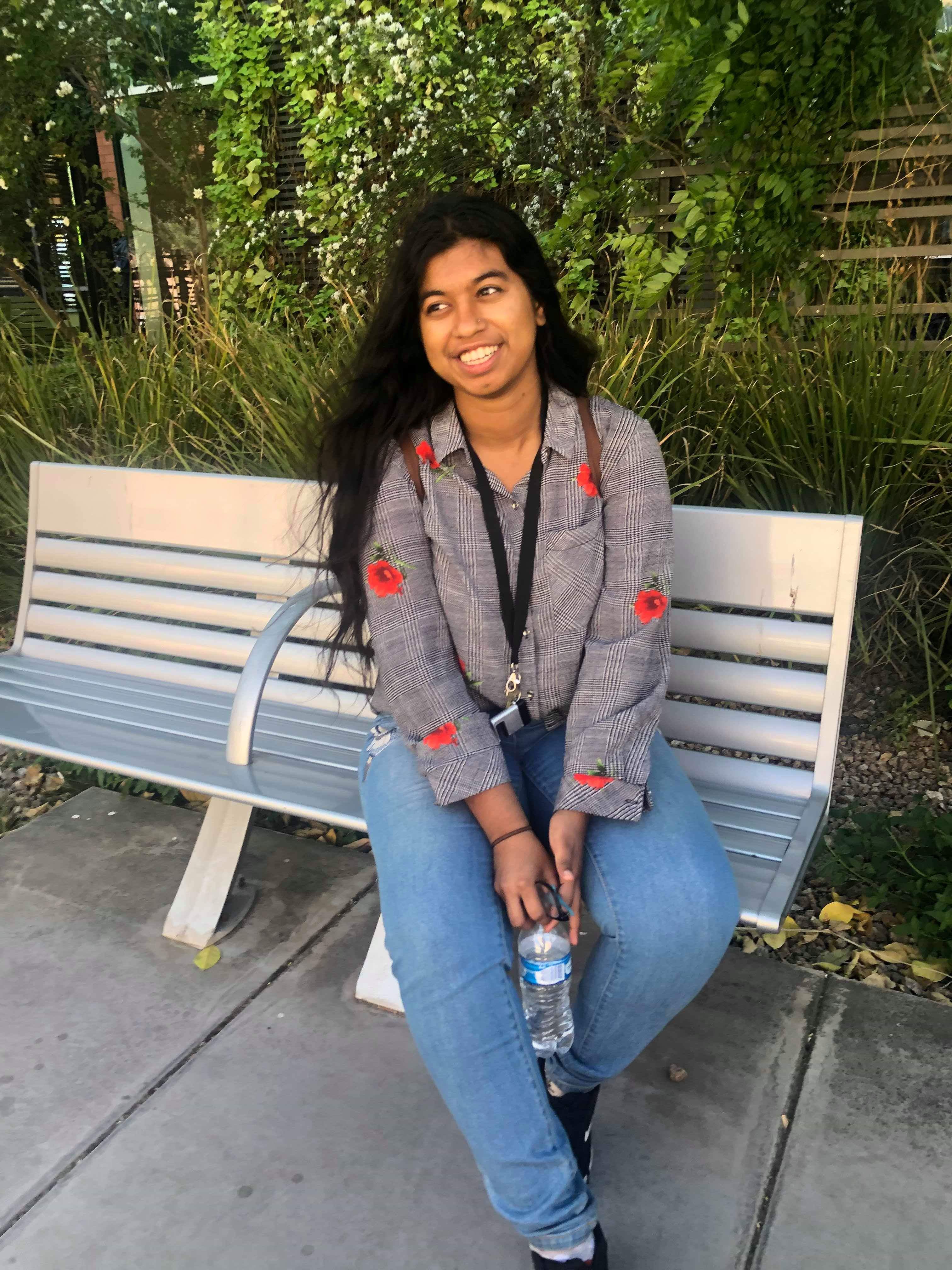When COVID-19 was officially declared a pandemic, volunteers with Phoenix Allies for Community Health immediately leapt into action.
They switched all patient visits to telehealth. They dropped off food and medication for patients, many of whom live in neighborhoods without good access to fresh food.
PACH is a volunteer-run nonprofit dedicated to improving health outcomes in low-income communities that have minimal access to primary care. Its central project is a free primary care clinic in Phoenix serving the uninsured and underserved.
Arizona State University student Nargish Patwoary is a board member at large at PACH. Born and raised in Arizona, Patwoary is studying biological sciences in the pursuit of becoming a physician who advocates for health justice for marginalized populations. She’s leaning toward public health or global health.
“I definitely want to inject activism and advocacy as a physician because everyone deserves to have the right to equitable and accessible health care,” she said. “When I'm not in the classrooms, I dedicate my time to beneficially impacting my community and other communities alike through service. And service to me means anything, like being a student leader, help of an organization, helping out my peers with their homework or volunteering my time at the clinic. I think I am always looking for a way to contribute to the community, which has led me to join various organizations at ASU.”
Patwoary served as vice president for the American Medical Student Association at the West campus and currently serves as a member of the Committee for Campus Inclusion at the Tempe campus. She also serves as the president for the Pitchfork Pantry for the West campus and utilizes various platforms to help address the issue of food insecurity amongst students at the West campus.
Patwoary talked with ASU Now about the volunteer work she does at PACH, what it’s been like responding to the pandemic locally, and how patients feel about the treatment they’ve had.
Biological sciences major Nargish Patwoary
Question: What does Phoenix Allies for Community Health do?
Answer: PACH came into being when a group of immigrant rights and health justice activists in Phoenix organized around an urgent need to help those who had no access to affordable health care. We began as a street medic collective, formed to provide emergency care during many protests that sprang out of Arizona's anti-immigrant laws and migrant workplace raids. We practice cultural competency when we serve our patients because the majority of our patient population are immigrants. The PACH clinic strives to be more than just a free version of America’s broken health care structure. We seek to enter into collaborative relationships with the community we serve. Since one of our goals is to improve health outcomes, we believe that community health education is an integral part of the clinic, including nutritional counseling, diabetes education, public health initiatives, life coaching, and yoga classes.
Q: How did PACH respond to the pandemic?
A: I, of course, went back to PACH the following week the news broke out and everything had changed. We have protocols for who is allowed in the building and under what circumstances — so, we check for people's temperatures and ask they do not attend if they are sick — and only volunteers are approved to go in the building. This pandemic is scary, yes, but the strength and resilience of our patients and volunteers only strengthen my resolve to continue to serve my community in this capacity and does not deter my dream of becoming a physician.
Q: What did you do? How do you help them medically?
A: We conduct all patient visits via phone call, also known as telehealth, and we were the first to implement this method in the Valley. Clinically, I assist patients through medical assisting and medical scribing; however, because of the pandemic I do scribing at the moment. The majority of our patients speak Spanish, so what happens is that we have the patient and provider over the phone, whilst I am in the clinic scribing every detail about the patients' symptoms and home life and the providers' prescription and diagnoses.
Being a scribe has really given me much insight and allowed me perspective to see just how vulnerable someone can be with their physician and how sacred the relationship is. And also, I get to see how each provider is unique in their approach to help the patient and ensure the trust in that relationship. It truly is a beautiful thing to be able to witness and such a privilege that I have that opportunity to do so — and quite the revelation, too, because you also get to witness the health injustices many patients go through before coming to us.
I also help out with creating the food boxes for our patients with my fellow volunteers, many of whom are ASU students. … Furthermore, because I am also a student leader at ASU through multiple campuses, I have been able to recruit fellow pre-health ASU students who are looking for clinical and volunteer experience but also understand the importance and philosophy of what we are trying to do at PACH. And I think much of that has to do with many of us being sons and daughters of immigrants and have firsthand experiences of the hoops and obstacles we had to go through to obtain proper health care. Many of our leadership positions at PACH are, also, often occupied by ASU students.
Q: What has been the reaction of people you have served?
A: This country has a long history of institutional racism that has permeated through our health care system, so I think our presence is a comfort for many. Many of them express their thanks and gratitude to us, and even donating whatever they can because they believe in what we do. That said, our patients are people, too. They are human beings who just want to be healthy and want their families and friends to be healthy, too. They are hardworking families who came to this country with a dream for a better and happy life. I know when we talk about vulnerable communities like the ones our patients belong to, it is easy to pity them because of the many health disparities that occur — but our patients are strong and resilient people. They are full of love and life, and I want the whole world to see that, too.
Top image courtesy Sabine van Erp from Pixabay
More Health and medicine

The science of sibling dynamics: Why we fight, how we relate and why it matters
We have Mother’s Day, Father’s Day and even Grandparents’ Day. But siblings? Usually they get a hand-me-down sweatshirt and, with any luck, a lifetime of inside jokes.But actually, there is a…

New study seeks to combat national kidney shortage, improve availability for organ transplants
Chronic kidney disease affects one in seven adults in the United States. For two in 1,000 Americans, this disease will advance to kidney failure.End-stage renal failure has two primary…

New initiative aims to make nursing degrees more accessible
Isabella Koklys is graduating in December, so she won’t be one of the students using the Edson College of Nursing and Health Innovation's mobile simulation unit that was launched Wednesday at Arizona…



